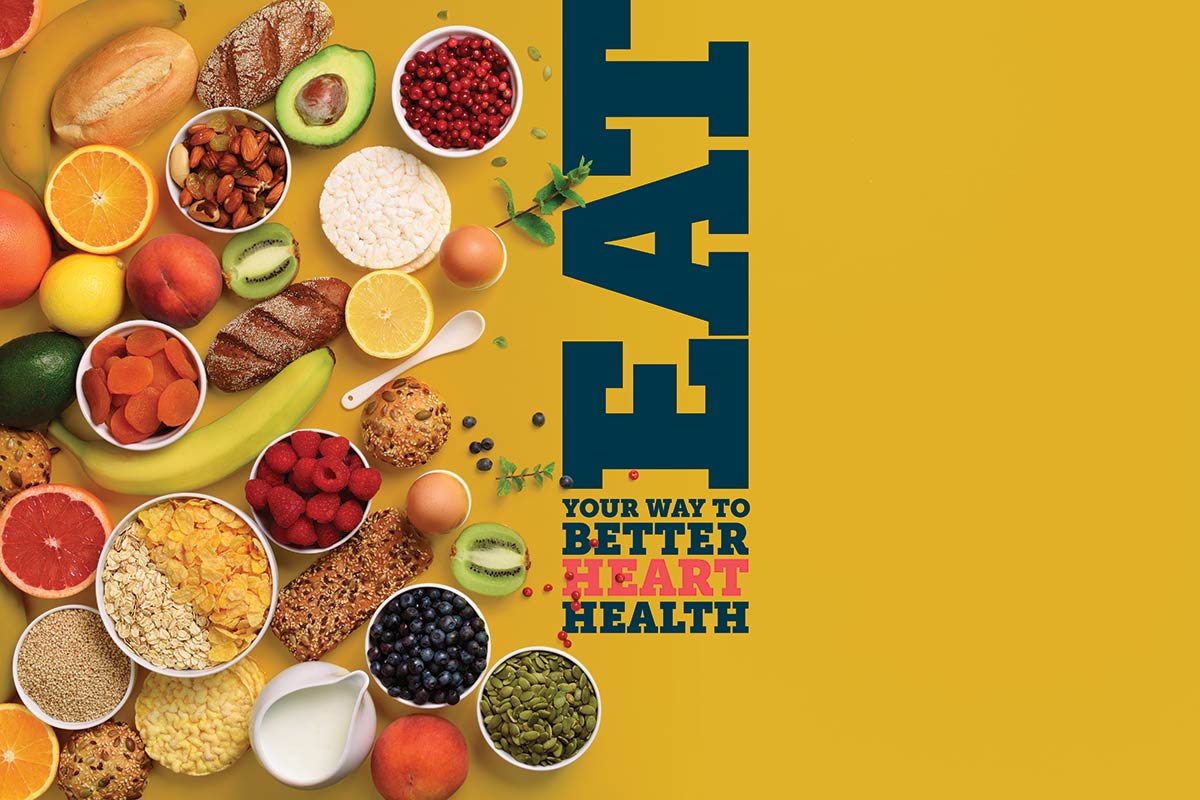Eating a balanced and nutrient-dense diet is one of the most important things you can do for your health. Nutrient-dense foods are packed with essential vitamins, minerals, and antioxidants that provide the body with the nutrients it needs to function optimally. By incorporating more of these foods into your diet, you can improve your overall health and well-being. In this guide, we’ll explore some of the best nutrient-dense foods to include in your diet.
- Leafy Greens
Leafy greens are some of the most nutrient-dense foods you can eat. They’re rich in vitamins A, C, and K, as well as iron, calcium, and folate. Some of the most nutrient-dense leafy greens include spinach, kale, collard greens, and Swiss chard. These greens are also low in calories and high in fiber, making them an excellent choice for weight management.
To incorporate more leafy greens into your diet, try adding them to smoothies, salads, or stir-fries. You can also sauté them with some garlic and olive oil for a tasty and nutritious side dish.
- Berries
Berries are another great source of nutrients, including vitamin C, fiber, and antioxidants. Some of the most nutrient-dense berries include blueberries, strawberries, raspberries, and blackberries. These fruits are also low in calories and high in water content, making them a great choice for hydration.
To add more berries to your diet, try adding them to oatmeal, yogurt, or smoothies. You can also snack on them throughout the day for a sweet and nutritious treat.
- Cruciferous Vegetables
Cruciferous vegetables like broccoli, cauliflower, and Brussels sprouts are packed with nutrients, including vitamins C and K, fiber, and antioxidants. These vegetables are also low in calories and high in water content, making them a great choice for weight management.
To incorporate more cruciferous vegetables into your diet, try roasting them with some olive oil and spices or adding them to stir-fries and salads.
- Nuts and Seeds
Nuts and seeds are a great source of healthy fats, protein, and fiber. Some of the most nutrient-dense nuts and seeds include almonds, walnuts, chia seeds, and flaxseeds. These foods can help lower cholesterol levels, reduce inflammation, and improve heart health.
To add more nuts and seeds to your diet, try adding them to oatmeal, yogurt, or salads. You can also snack on them throughout the day for a healthy and satisfying snack.
- Whole Grains
Whole grains like brown rice, quinoa, and oats are packed with fiber, protein, and essential vitamins and minerals. These foods can help improve digestion, lower cholesterol levels, and reduce the risk of chronic diseases like diabetes and heart disease.
To incorporate more whole grains into your diet, try swapping refined grains like white bread and pasta for whole grain options. You can also add whole grains to soups, salads, and stir-fries for an extra nutrient boost.
- Fish
Fish is an excellent source of protein, omega-3 fatty acids, and essential vitamins and minerals. Some of the most nutrient-dense fish include salmon, sardines, and tuna. These foods can help improve brain function, reduce inflammation, and lower the risk of heart disease.
To incorporate more fish into your diet, try adding it to salads, sandwiches, or stir-fries. You can also grill or bake fish for a healthy and delicious main dish.













